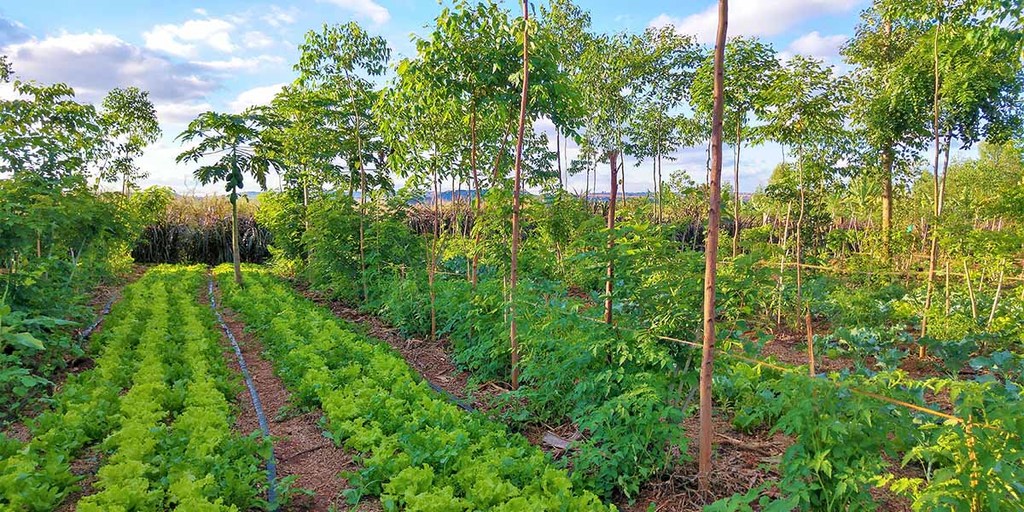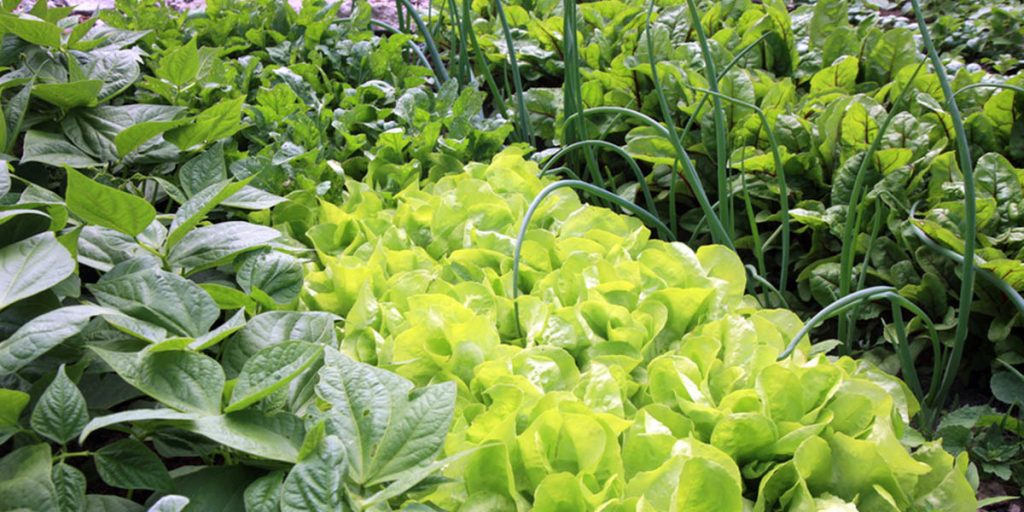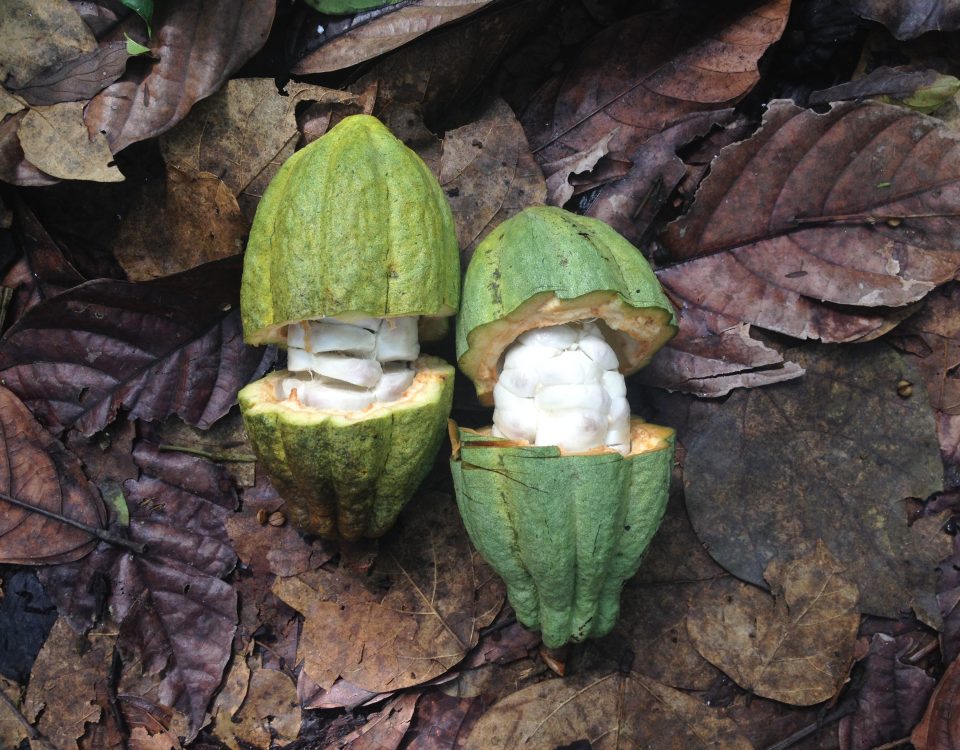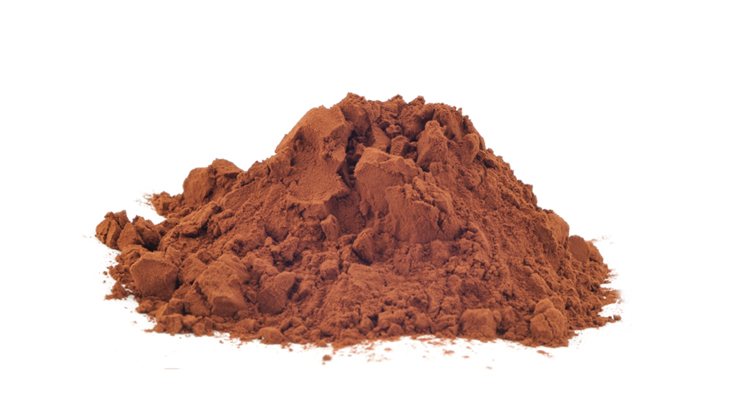Animal Farming – A Negative Factor in the Pandemic Equation

Agave Inulin Benefits
12/06/2020
Cacao Tree to Cacao Paste
14/12/2020Some experts say that the novel coronavirus made a leap from animals to humans just like SARS (Severe Acute Respiratory Syndrome) before it. Today, the major cause of concern for spreading this disease is intensive animal farming around the world.
This connection between pandemic and animal farming is often overlooked. To prevent future outbreaks, we must devise ways to control intensive farming. The following are some of the methods we can use to gain an advantage over future pandemics.
Organic Farming
This agricultural system developed early in the 20th century due to rapidly changing farming practices. Today, over 70 million hectares are certified for organic farming, half of which are in Australia.
Maretai Organics is a well known organic food family business founded in 2007 in Brisbane, Queensland. Maretai Organics supplies organic food ingredients from several countries and distribute their products in Australia and New Zealand through their online B2B portal. The product catalogue includes cacao, coconut and agave products in bulk pack sizes.
Many nations legally enforce and regulate the methods of organic farming based on the standards set by the International Federation of Organic Agriculture Movements (IFOAM)[1]. This is the reason why organic farming is considered more reliable amidst the pandemic situation.

Sustainable Farming Practices
About 75% of the diseases that emerge are zoonotic in nature [2]. This means that the majority of the diseases transmitted to humans come from vertebrate animals. More than 2.5 billion zoonotic cases are reported per year resulting in 2.7 million annual deaths [2].
It has been found that the global food system is the key driver of this type of disease. It affects people when they use wild animals as food, or by farmed animals due to intensified animal farming. That is why sustainable farming practices should be adopted to reduce the risk of future pandemics and resistance to antibiotics.
For now, we might not know what actually caused the outbreak of COVID-19 but we certainly know what caused swine flu and avian flu. Factory farms were the main reservoirs of these catastrophic diseases because these places are perfect for the evolution and transmission of viruses. Hence, they are the ideal grounds for future pandemics as well.
Sustainable farming is done by managing pests and raising animals naturally. It promotes the energy efficiency of farming, saves water, reduces agricultural runoff and much more.

Plant-Based Diet
The plant-based diet is used for a wide range of reasons today. Countries are promoting plant-based sectors to tackle the climate crisis and protecting the planet from further harm [3]. Now, we have compelling reasons to try it for preventing the next pandemic as well.
Covid-19 has made a profound impact on consumer habits. Tuider, the International Director of ProVeg International says that we have seen one of the biggest falls in meat consumption since the pandemic and an overwhelmingly increased demand for a plant-based diet.
We live in an era in which so many opportunities exist for pathogens to jump from animals to humans. So, a plant-based diet is a great alternative for animal farming as it has a much lesser chance of producing future pandemics.

References
[1] Federation of Organic Agriculture Movements (IFOAM)




